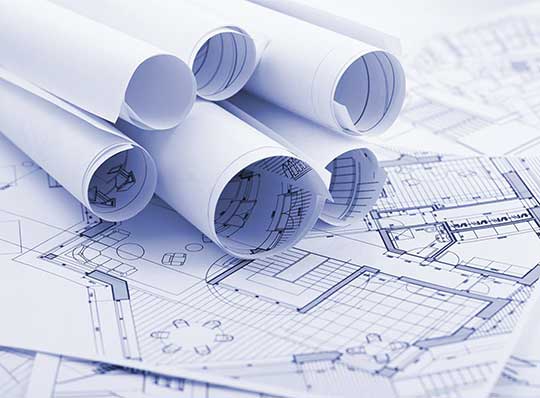 During the course of construction, owners often change their mind on the design of a project and, in some instances, the designer. As a result, more than one design professional may prepare drawings for a given project. This often results in the former design professional pursuing a claim against the latter design professional for copyright infringement - using drawings without the permission of the prior design professional. Such claims are defined by statute along with damages imposed if an infringement is proven. Significantly, under the controlling copyright statute and related case law, intent or knowledge is not a defense to copyright infringement.
During the course of construction, owners often change their mind on the design of a project and, in some instances, the designer. As a result, more than one design professional may prepare drawings for a given project. This often results in the former design professional pursuing a claim against the latter design professional for copyright infringement - using drawings without the permission of the prior design professional. Such claims are defined by statute along with damages imposed if an infringement is proven. Significantly, under the controlling copyright statute and related case law, intent or knowledge is not a defense to copyright infringement.
Courts have often held that copying may be inferred where a party establishes that another party had access to the copyrighted work and that substantial similarities exist as to protected material in the two works. The Courts have also held that as a matter of law “innocent infringement,” or copying from a third source who may have wrongfully copied from the plaintiff, without knowledge that the third source was infringing, does not absolve a party of liability for copyright infringement. As such, intent or knowledge is not an element of infringement.
The attorneys at GLPC have defended against numerous copyright infringement claims and are familiar with the threshold standard that must be met to establish the claim, along with the resulting damages should the claim be proven. GLPC’s knowledge of this body of law has assisted them, where appropriate, in effectuating resolutions of such claims in an equitable and cost effective manner.
